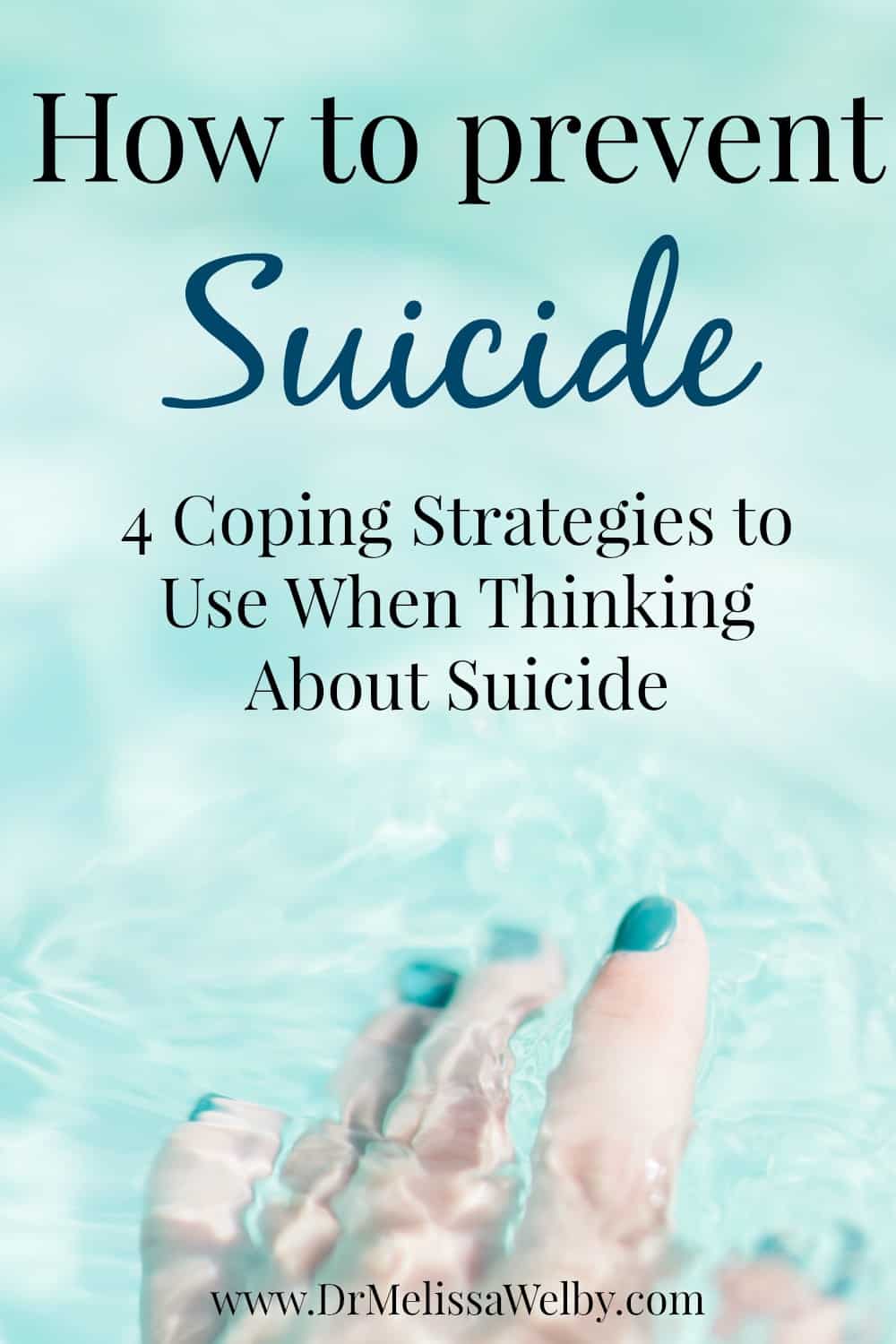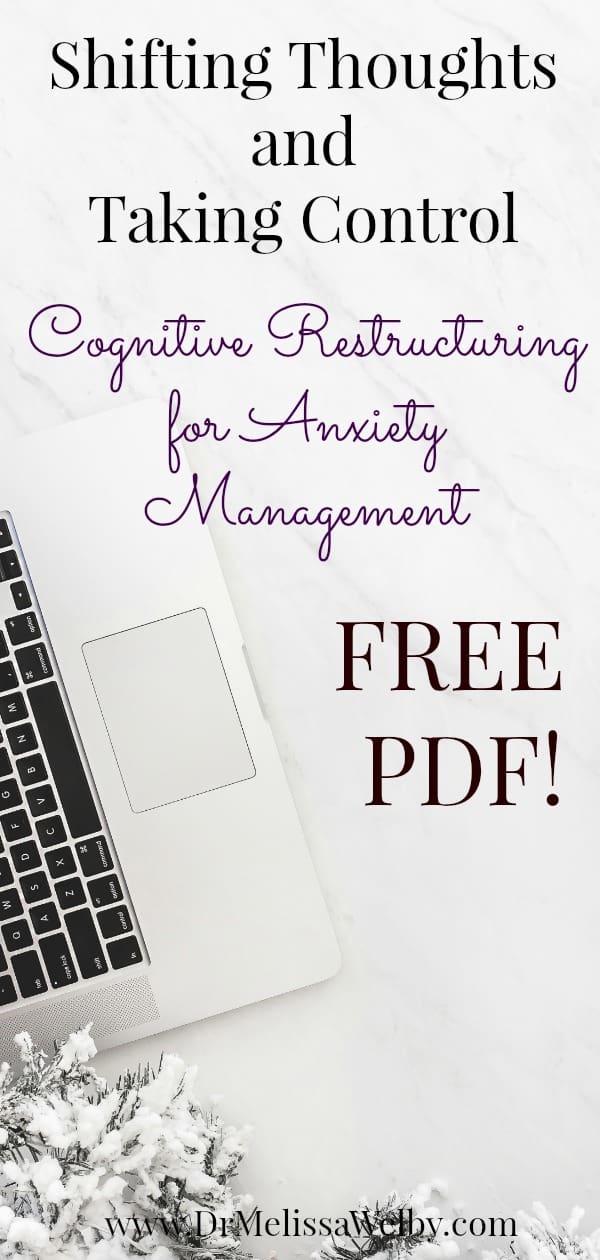Do you believe joy is possible? Many people I work with feel they passively exist without joy. Depression, anxiety, trauma, etc. may initially cause this, but then it is perpetuated by a lack of engagement in life. People do better when they are actively living. In the last post, we talked about what is the meaning of life and finding your purpose in life. Today we will talk about ideas to get started increasing engagement and enjoyment even if you aren’t feeling well. Active living can kickstart positive feelings and bring in new clarity about life purpose and meaning.
Tag: Recovery
Life in Search of Meaning: Finding Your Meaning and Purpose of Life
People that are suffering can sometimes lose sight of the meaning and purpose of life. At times, they begin to question the meaning of it all and the reasons why they would choose to continue to struggle. There is no one-size-fits-all answer to the meaning of life as it is up to the individual to decide. The good news is that there are endless amounts of individual missions, destinies, roles, and dreams that are possible. So what is the purpose of life?
How to stop ruminating: Ruminative thinking doesn’t solve problems!
Do you get a thought stuck in your head and then can’t stop thinking, analyzing, and worrying about it? Are these thoughts negative and focused on possible mistakes you have made? Do you let problems eat away at you? These are examples of ruminating thoughts. Ruminative thinking is not problem-solving that is productive, it is the tendency to repetitively think about situations that are upsetting. Figure out how to stop ruminating by first learning the rumination definition to recognize them when they are occurring.
How to Prevent Suicide: 4 Coping Strategies to Use When Thinking About Suicide
Preventing suicide takes forethought and planning, not only in the world as a whole to create better support systems and treatment, but for individuals struggling with how to deal with suicidal thoughts. Creating a plan for how to prevent suicide and manage emotions at the height of intense feelings is a lot to ask of anyone. But coming up with a plan ahead of time for how to manage distress and suicidal urges can help allow the feelings to pass. This post includes coping strategies to manage distress, problem-solving techniques to help cut down on crisis, and suggestions on how to create coping cards and a hope box to use when thinking about suicide.
7 Alternatives to AA in Recovery from Addiction
Alcoholics Anonymous (AA) has helped countless people in their recovery from addiction but one size does not fit all with healing. The messages of AA don’t resonate with everyone and it’s important to know alternatives to AA exist. Healing and recovery are lost on some that become distracted by what they interpret as religious aspects of AA. This post is about the other options for a self-help addiction recovery program.
The more alternatives to choose from, the greater the chance that people will find a program they identify with. Recovery will still be hard but may be easier to start when it’s the right fit.
Shifting Thoughts and Taking Control: Cognitive Restructuring for Anxiety Management
Anxiety management and recovery require recognizing anxious catastrophic thinking when it is happening (read here for more details). Once recognized, you can reduce anticipatory anxiety by changing thoughts and interrupting projections. Break down these thoughts and create a framework to analyze them with cognitive restructuring techniques.
First, let’s review some definitions.
Anticipatory anxiety is all the time wasted dreading, worrying, and panicking over a future event (a projection of an imagined outcome) where every imaginable negative outcome is thought of (catastrophizing). Cognitive restructuring techniques are tools to help break down these thoughts and analyze them using a series of questions. These questions help to identify when a cognitive distortion (a thought that isn’t accurate or based in current reality) is driving your anxiety.
Have Medical Questions to Ask Your Doctor? 4 Tips to Get Them Answered
How many of you have had the experience of going to the doctor, having tons of medical questions about what is going on with your body, and then leaving the doctor appointment without asking any of them? Or leaving feeling more confused than when you went in? I know I have!… and I’m a physician myself! As a physician, let me give you advice on what you can do to more effectively ask a medical question. When you have questions to ask your doctor your goal is to ask in a way that gets your medical questions answered.
Why You Need to Ask Your Doctor Questions!
Let me clear up a couple of myths regarding asking your doctor questions. Some people are too afraid and feel intimidated to ask a doctor a question. The truth is that we want you to ask questions! At least I do…But seriously, I think most doctors do too. Let’s talk about why you need to ask your doctor questions. The next blog will give you 4 tips to be more effective at getting your questions answered during the doctors appointment. You need to ask doctors questions so you can understand and take charge of your health!
Suicide Prevention Plan: 5 Tips to Deal With Thoughts of Suicide
Preventing suicide does not happen by offering simple platitudes (“You have so much to be grateful for”) or by saying comments like: “It’s wrong”, “It’s selfish”, etc…but by coming up with a focused suicide prevention plan. Suicide and suicide thoughts are a response to incredible pain. The pain seems unending to the person experiencing it. Some people experience recurrent thoughts of suicide. Coming up with a plan for dealing with suicidal thoughts is essential and takes hard work in order to prevent suicide. The pain must be addressed and a safety net put in place.
A Psychiatrist’s Take on Suicidal Thoughts and Suicide Prevention
As a psychiatrist, part of my job is to talk to people about suicide. In my profession, hearing about suicidal thoughts is not uncommon. Read this post if you need help with suicidal thoughts or if you want to learn how to help someone who is suicidal. Suicide prevention hotline: 800-273-8255
Suicidal thoughts are a symptom like all other symptoms that I consider in my assessments. Often people are fearful that if they admit to feeling this way I will instantly hospitalize them against their will. (Not true — there are only certain situations when I have to which I will explain later).





















